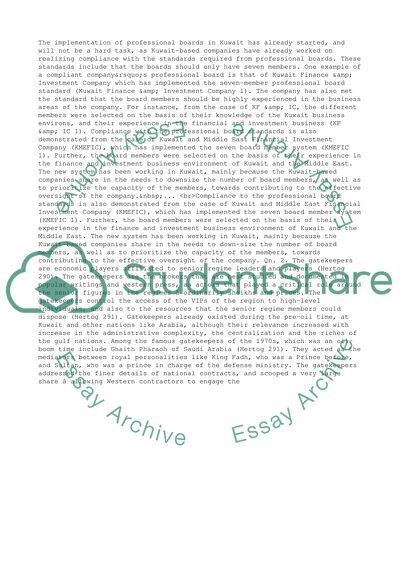Cite this document
(“Business Law and Ethics Assignment Example | Topics and Well Written Essays - 4000 words”, n.d.)
Retrieved from https://studentshare.org/business/1404605-business-law-and-ethics
Retrieved from https://studentshare.org/business/1404605-business-law-and-ethics
(Business Law and Ethics Assignment Example | Topics and Well Written Essays - 4000 Words)
https://studentshare.org/business/1404605-business-law-and-ethics.
https://studentshare.org/business/1404605-business-law-and-ethics.
“Business Law and Ethics Assignment Example | Topics and Well Written Essays - 4000 Words”, n.d. https://studentshare.org/business/1404605-business-law-and-ethics.


